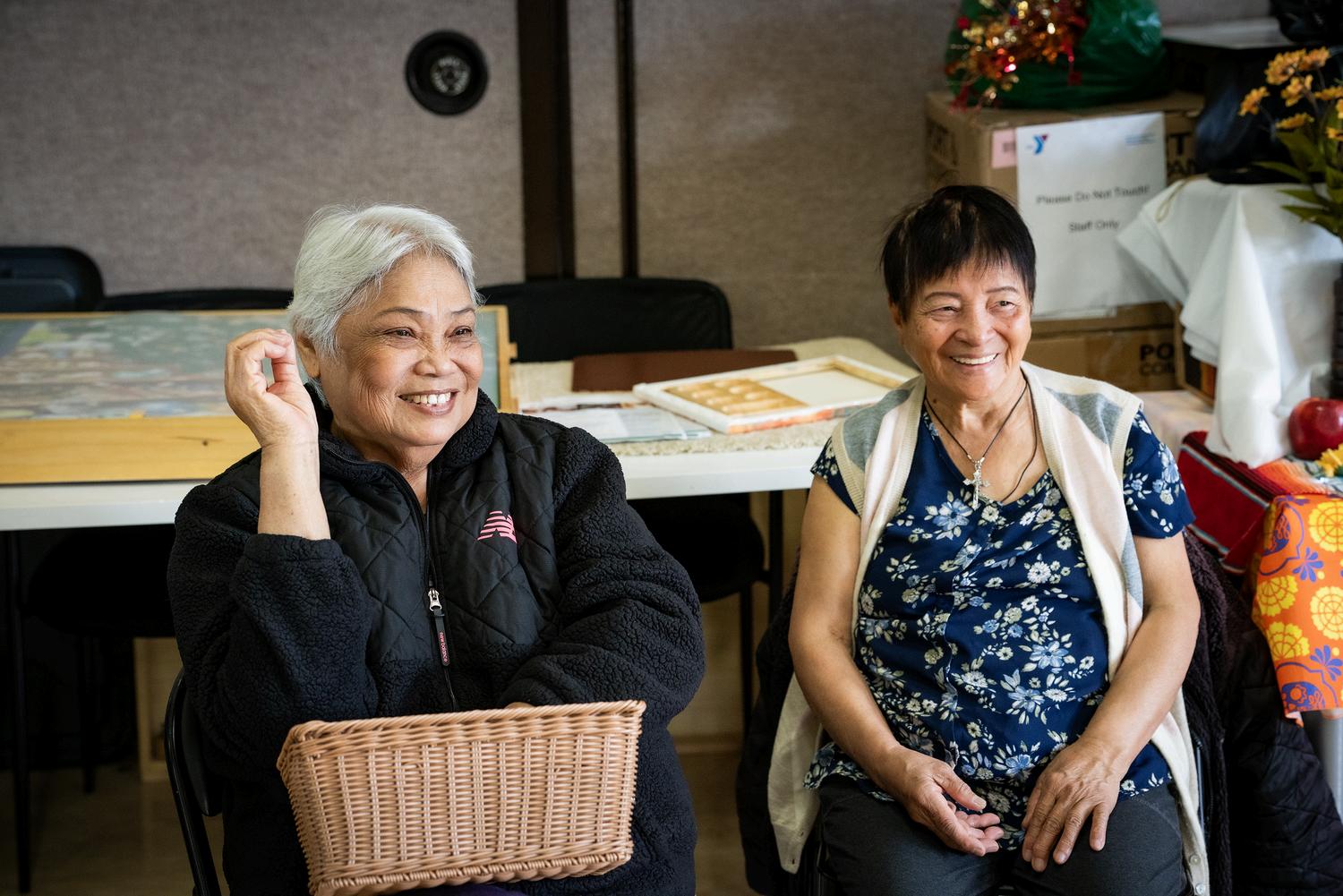2024 Year in Review
Equity at Every Age
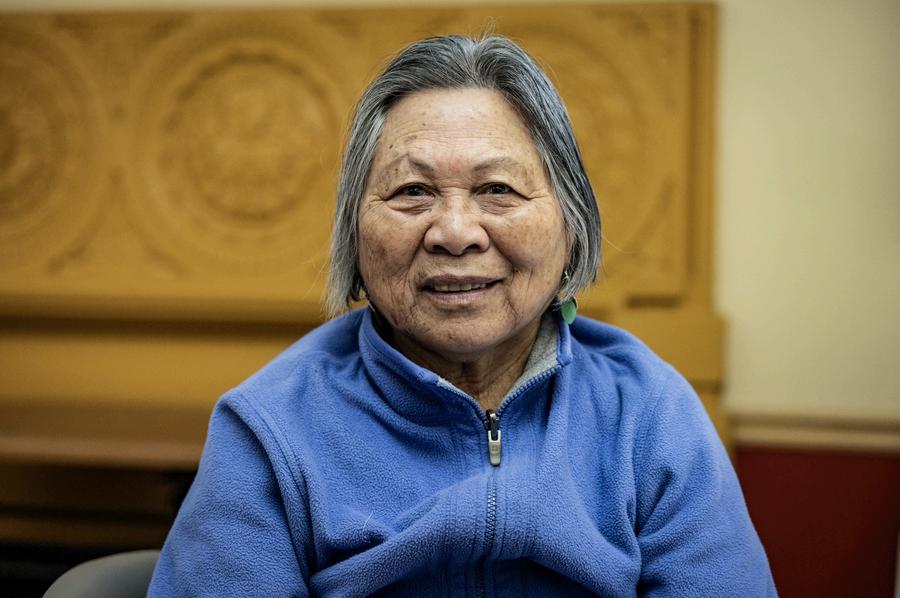
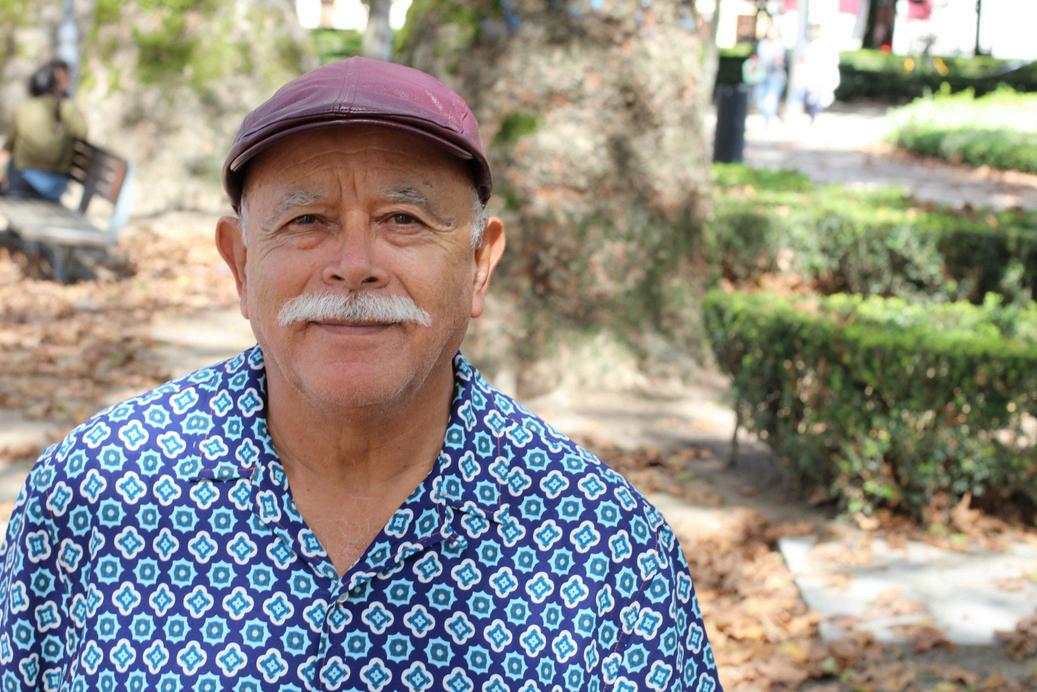
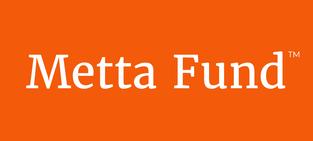
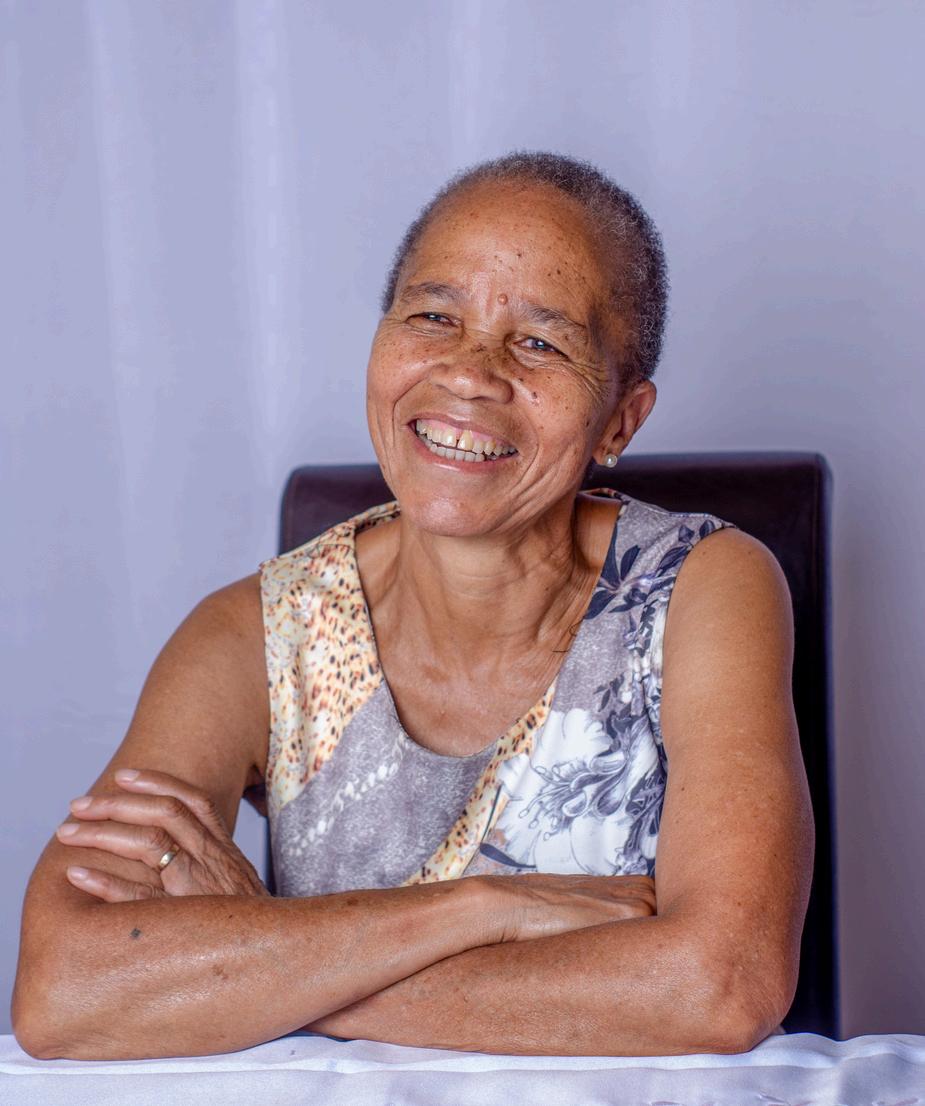
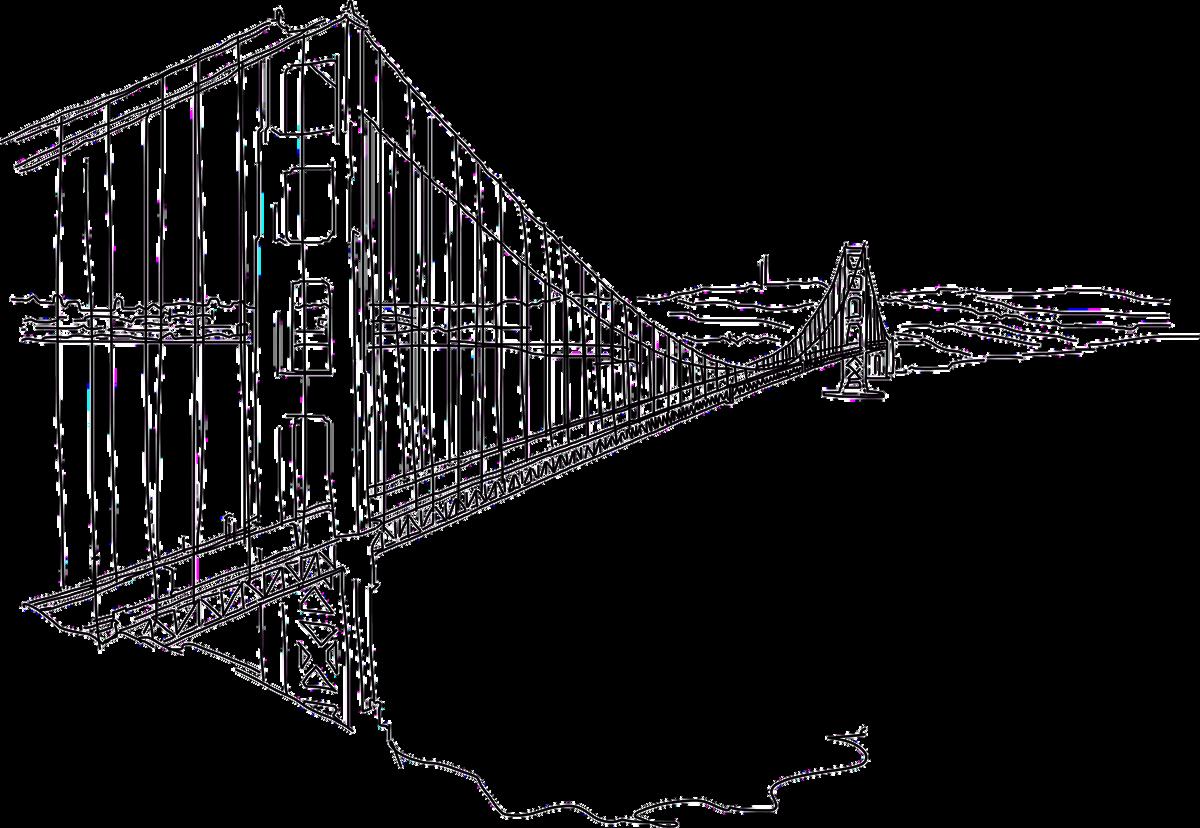






Dear Friends and Partners,
As we reflect on 2024, we are reminded of the immense challenges and opportunities that shape our work. This year underscored the urgency of investing in the well-being of older adults, particularly as funding for essential programs faces unprecedented threats. At Metta Fund, we remain unwavering in our commitment to ensuring that every older adult in San Francisco and beyond has access to the resources and support they need to age with dignity, connection, and care
Through deepened partnerships, advocacy efforts, and trust-based grantmaking, we have worked to uplift community-driven solutions and amplify the voices of those most impacted by systemic inequities. Our grant partners continue to be the heartbeat of this work, demonstrating the power of collective action in strengthening the social fabric that supports elders. This year’s report spotlights a few of these remarkable



partners whose work embodies our shared mission and values.
Last year, we also welcomed two exceptional leaders to our Board of Directors: Debra Plousha-Moore and Thurman V. White Jr. Their extensive experience in finance, health leadership, and philanthropy will be invaluable as we navigate the road ahead.
As we look forward, our focus remains steadfast advocating for sustainable funding for aging services, strengthening equity in our work, and ensuring that older adults remain at the center of policy and programmatic discussions. We are grateful for the unwavering support of our board, staff, grantees, and partners in this shared vision and journey
With Gratitude,
Janet Y. Spears Chief Executive Officer

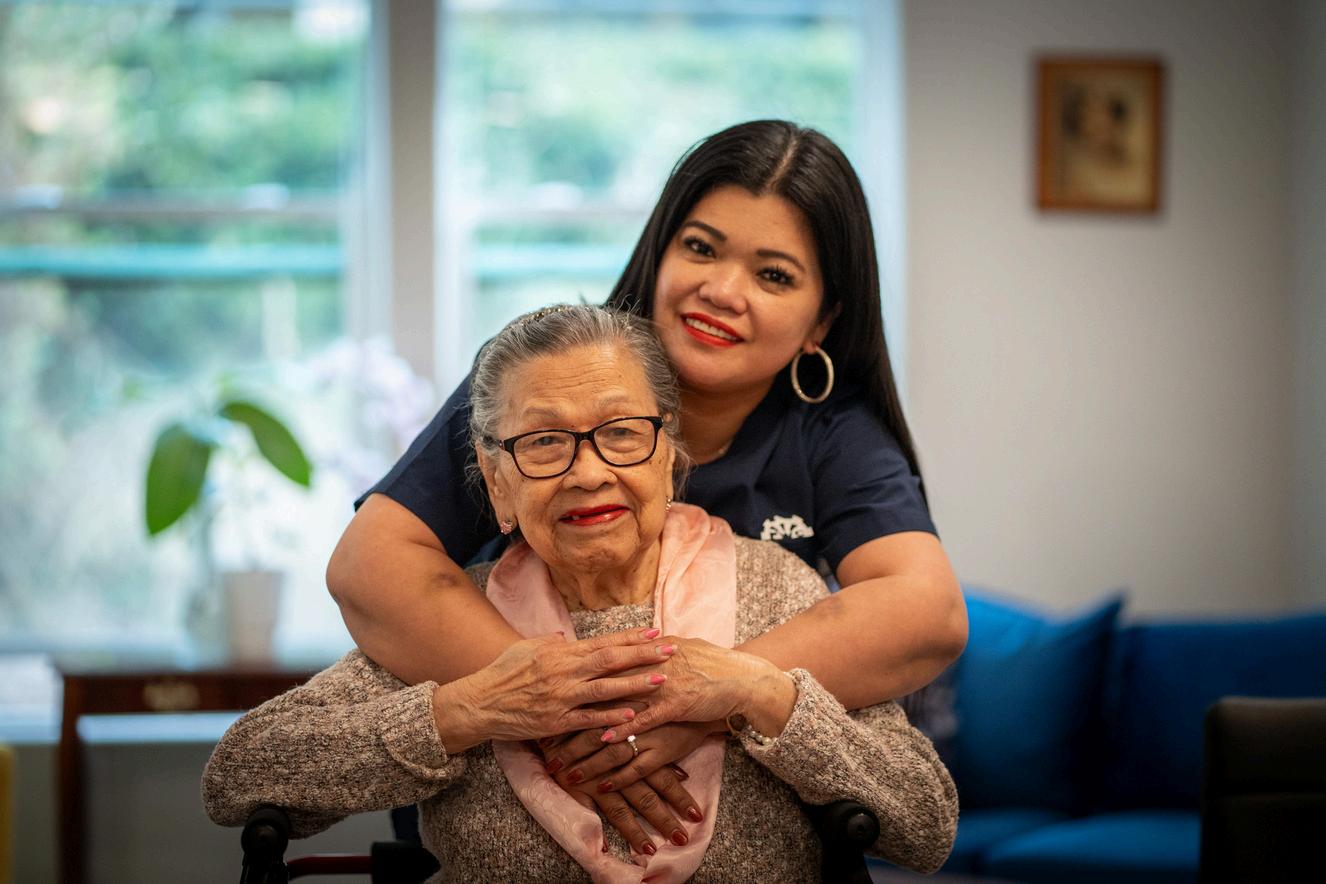
As more Californians age, the need for better solutions for home care providers and their clients has dramatically increased. Metta Fund grantee, the Pilipino Workers Center (PWC), is a long-standing advocate for immigrant homecare workers, addressing issues such as wage theft, poor working conditions, and systemic inequities. Their work centers on building economic power and leadership among low-wage, primarily BIPOC and immigrant care workers.
Vivid Life Home Care Cooperative launched by PWC — is a bold, worker-led initiative that builds a statewide network of caregiver-owned cooperatives, designed to raise wages, improve working conditions, and deliver high-quality, culturally rooted care. It is a scalable, sustainable model that
empowers caregivers primarily immigrant women and women of color to own their workplaces, earn a living wage, and deliver high-quality, consistent care to those who need it most It also addresses a looming care workforce shortage in California and aims to create sustainable, high-road employment models for this critical sector.
With strategic partners like Venture with Purpose, The ICA Group, and Democracy At Work Institute, PWC is piloting a Central Co-op and a Co-op Academy to support the development of local cooperatives. The goal is to transition full governance to worker-owners within five years, ensuring long-term sustainability and equity in the care economy.

How does the Vivid Life Home Care Cooperative improve care for older adults?
The Vivid Life Home Care Cooperative improves care for older adults by ensuring consistency, compassion, and professionalism from caregivers who have a true stake in their work. Because caregivers are also worker-owners, they are deeply invested in the quality of care they provide The cooperative model fosters stability and continuity two essential elements in elder care — while also allowing for more culturally responsive and community-centered support This leads to better relationships, trust, and overall health outcomes for older adults.
Why is investing in care workers essential to supporting our aging population?
Care workers are the backbone of our aging care system, yet they are often undervalued and underpaid. Investing in them — through fair wages, training, and leadership opportunities is not only the right thing to do, but also critical to ensuring a sustainable care infrastructure. With California’s older

adult population rapidly growing, we face a serious workforce shortage Investing in care workers means we’re strengthening the entire system ensuring that older adults receive the dignified, high-quality care they deserve while also building economic opportunity for historically marginalized communities.
What long-term change do you hope this initiative brings to elder care (for both elders and care workers) in California?
Our hope is that this initiative transforms the care economy into one that truly values and uplifts both caregivers and care recipients. We envision a future where immigrant women and women of color who make up the majority of this workforce have real economic power and voice in their industry. At the same time, elders will benefit from higher-quality, stable, and dignified care We aim to scale a model that is worker-owned, community-centered, and equity-driven — one that can serve as a blueprint across the state and even nationally.

T s E
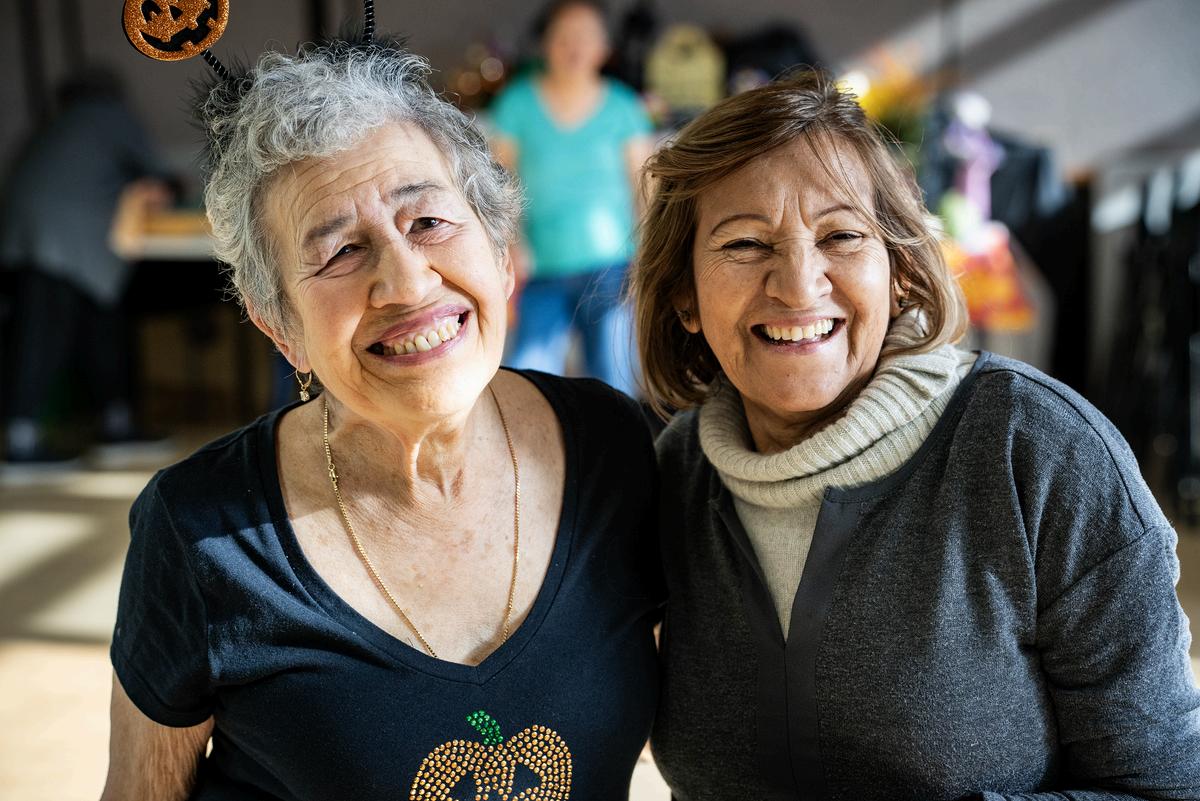
community hub offering programs for youth, families, and notably, an Active Older Adult (AOA) program that engages over 400 elders. Guided by the principle “Be, Belong, Become,” the AOA program fosters a sense of community and personal growth among its participants.
“Our programs provide a space for all elders to stay sharp and offers them an allencompassing 360 degrees of support. The Mission Y will continue to be a support

Equity, and Inclusion.
Through a variety of activities, including exercise classes, social events, and educational workshops, the Mission YMCA ensures that older adults have access to resources that promote physical health, mental well-being, and social connection. This comprehensive approach underscores the Y’s commitment to empowering elders to lead active and fulfilling lives within their community.
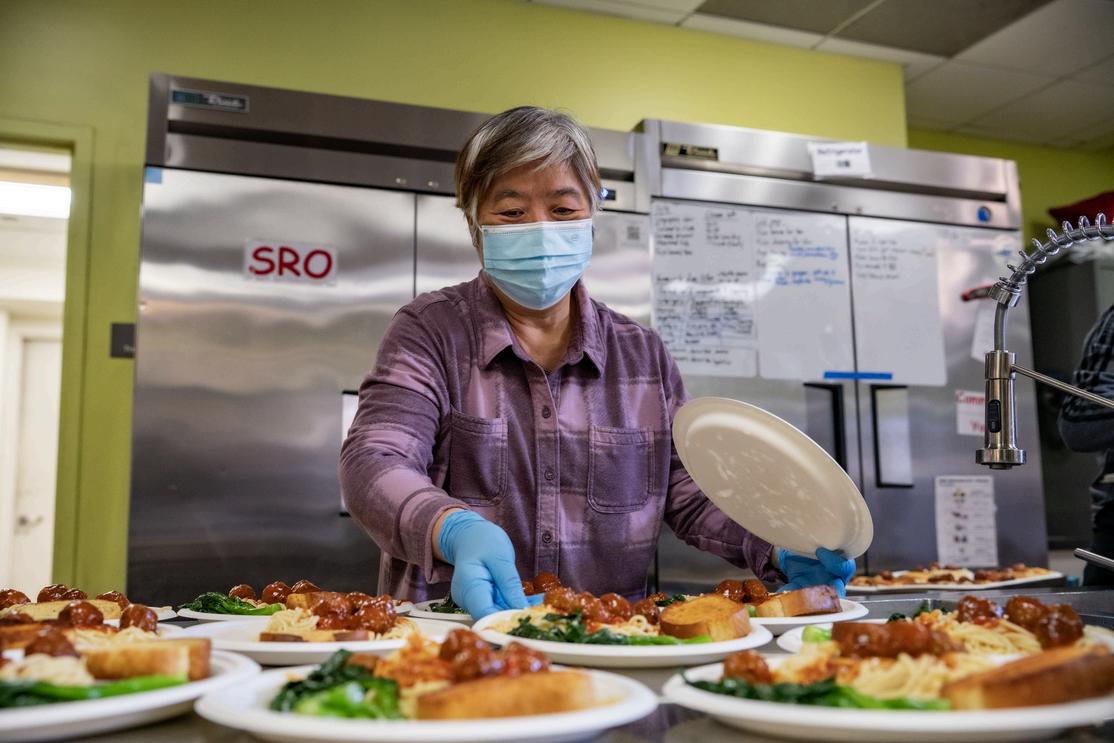
The Chinatown YMCA has long been a trusted gathering place for San Francisco’s Chinese-speaking older adults, providing programs that promote social connection, well-being, and empowerment Recognizing that many older adults in the community face barriers to health and social engagement, the YMCA has created culturally responsive programming that fosters active living and intergenerational connection.
One of its standout programs is Fall Prevention Tai Chi, which helps older adults maintain balance, flexibility, and confidence in their mobility. As one participant shared, “Tai Chi keeps me active and independent It’s not just about movement, but about feeling strong in my body.” This sense of empowerment extends to their fitness and wellness classes, where participants enjoy everything from strength training to traditional Chinese exercises tailored to their needs
Beyond physical health, the Chinatown YMCA prioritizes mental well-being and social connection. Many older adults, especially those who are monolingual or have limited mobility, find a sense of belonging in the YMCA’s community spaces. One participant expressed, “Coming here makes me feel alive. We share stories, we laugh, and we support each other” The organization also fosters intergenerational engagement, ensuring that older adults can pass down wisdom and traditions to younger generations through mentorship and cultural exchange.
By providing these vital services in a culturally affirming environment, the Chinatown YMCA empowers older adults to lead enriched, connected, and independent lives. Their work is a testament to the power of community-driven solutions in fostering dignity and well-being in aging.
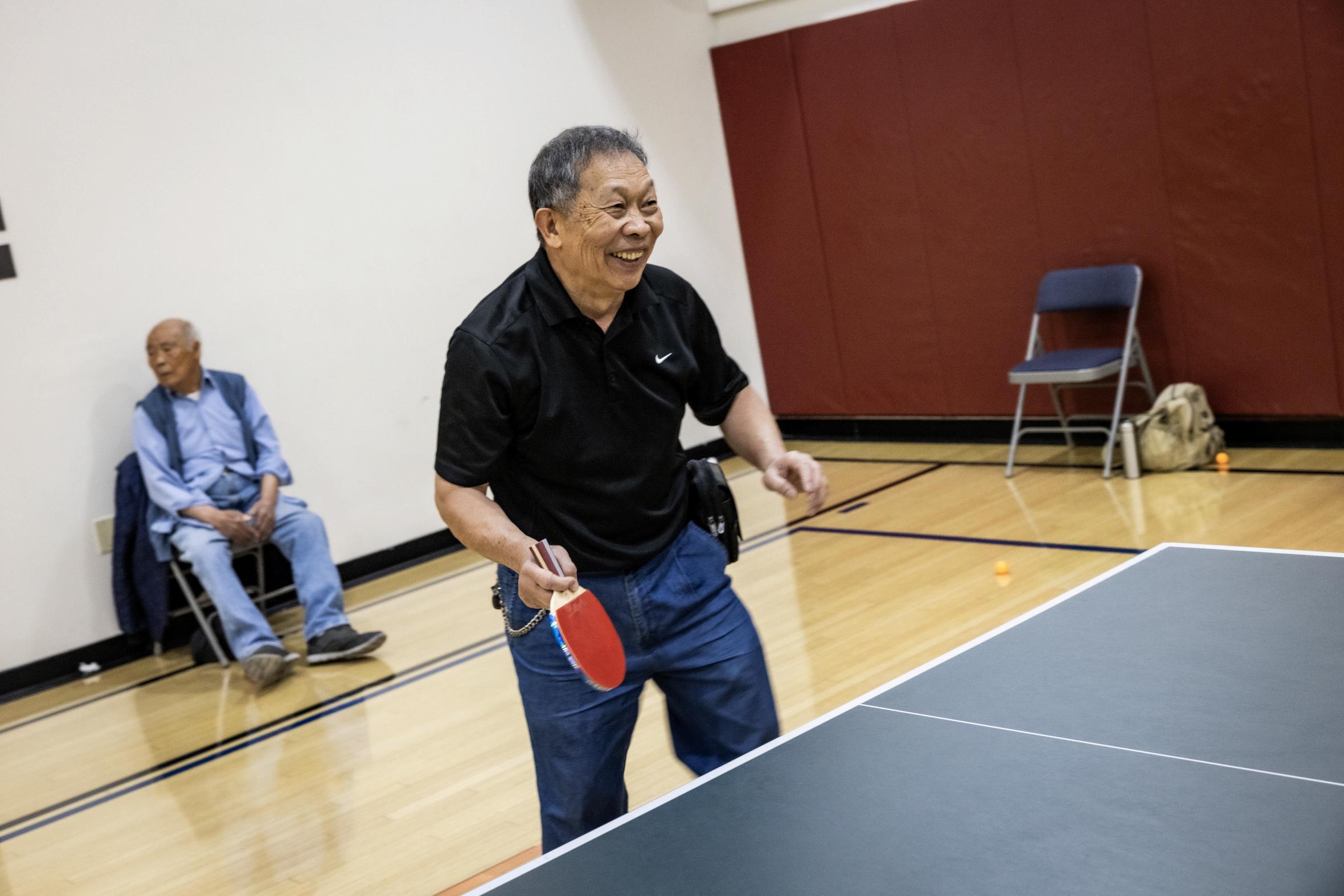


The Bayview YMCA serves as a vital hub for older adults in San Francisco’s BayviewHunters Point neighborhood, fostering connection, wellness, and belonging. Under the leadership of Senior Executive Director Tacing Parker, the Y provides a welcoming space where elders can find joy, support, and community.
Rooted in the neighborhood’s rich African American history, the YMCA offers culturally responsive programs that empower older adults The participant-led “Lunch and Learn” series covers essential topics like brain health and community safety, while monthly excursions such as visits to the
Museum of the African Diaspora provide meaningful cultural engagement These programs not only offer learning opportunities but also strengthen social bonds.
By expanding programs that promote physical activity, social connection, and lifelong learning, the Bayview YMCA ensures that elders have a space to thrive. Parker highlights the importance of this work: “Outside of the church or family, there would be no place for elders to congregate, or where they could go to get services or support.” Through its commitment to older adults, the Y continues to be a trusted pillar of care, inclusion, and empowerment in the community
Our role is to be an anchor, a place [elders] can come to experience joy, receive support, and find connection.”
– Tacing Parker, Senior Executive Director

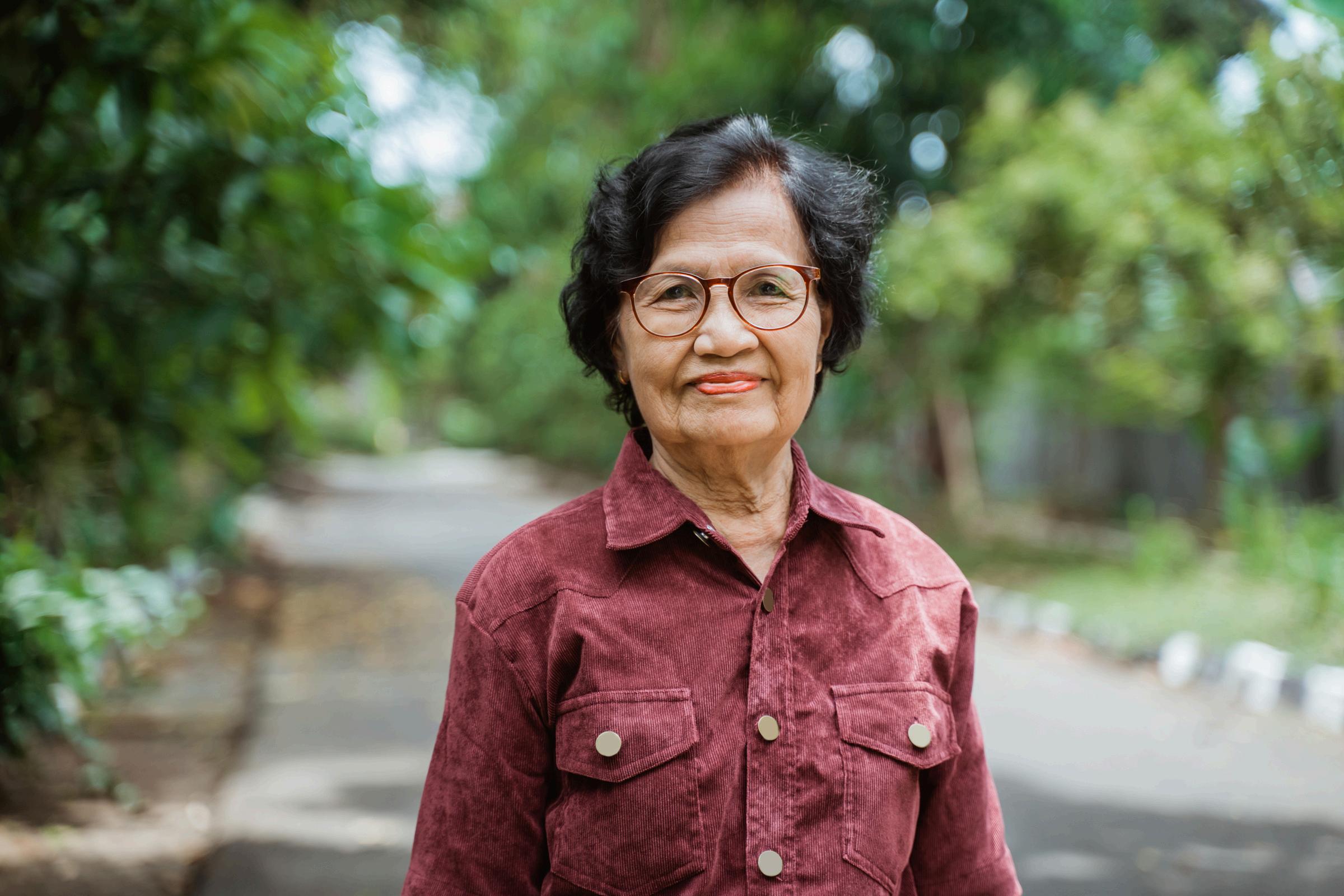
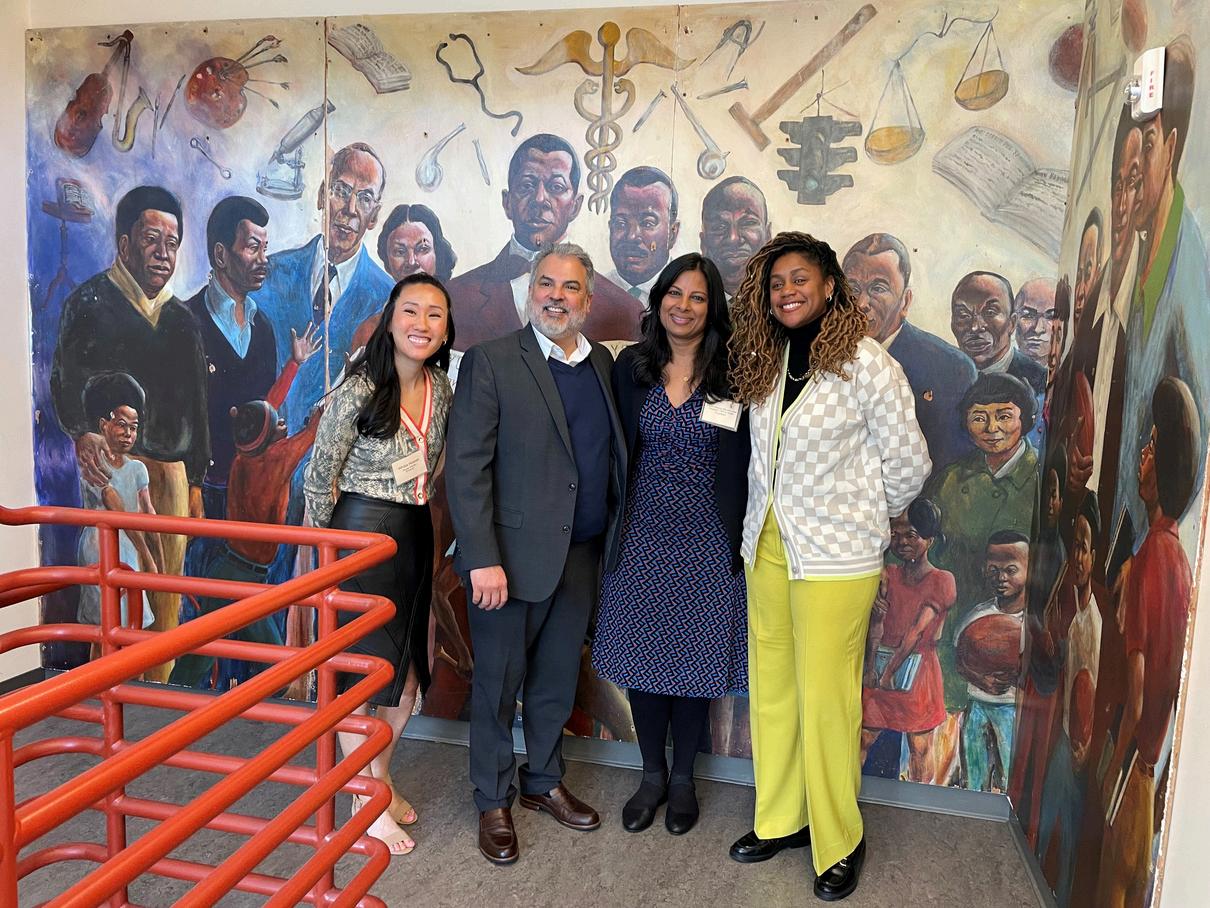
Metta Fund played an active role in the Equity Community Organizing (ECO) Groups, a statewide funding partnership between The SCAN Foundation, California Health Care Foundation, and Metta Fund. This collaboration focuses on improving health outcomes for older adults in four California communities, including San Francisco, where Booker T. Washington Community Center was awarded a grant. By working alongside other funders and advocates, we are helping to shape policies and funding strategies that prioritize the well-being of historically marginalized older adults.
share their lived experiences, challenges, and aspirations. The study, conducted in partnership with the California Department of Aging and the UC Berkeley Center for Health Policy Research, aims to inform policies and programs that better support LGBTQIA+ elders These discussions highlighted critical issues such as housing security, healthcare access, and social connection, reinforcing the importance of inclusive aging services Metta Fund’s involvement underscores our commitment to ensuring that historically excluded communities have a voice in shaping equitable policies and resources
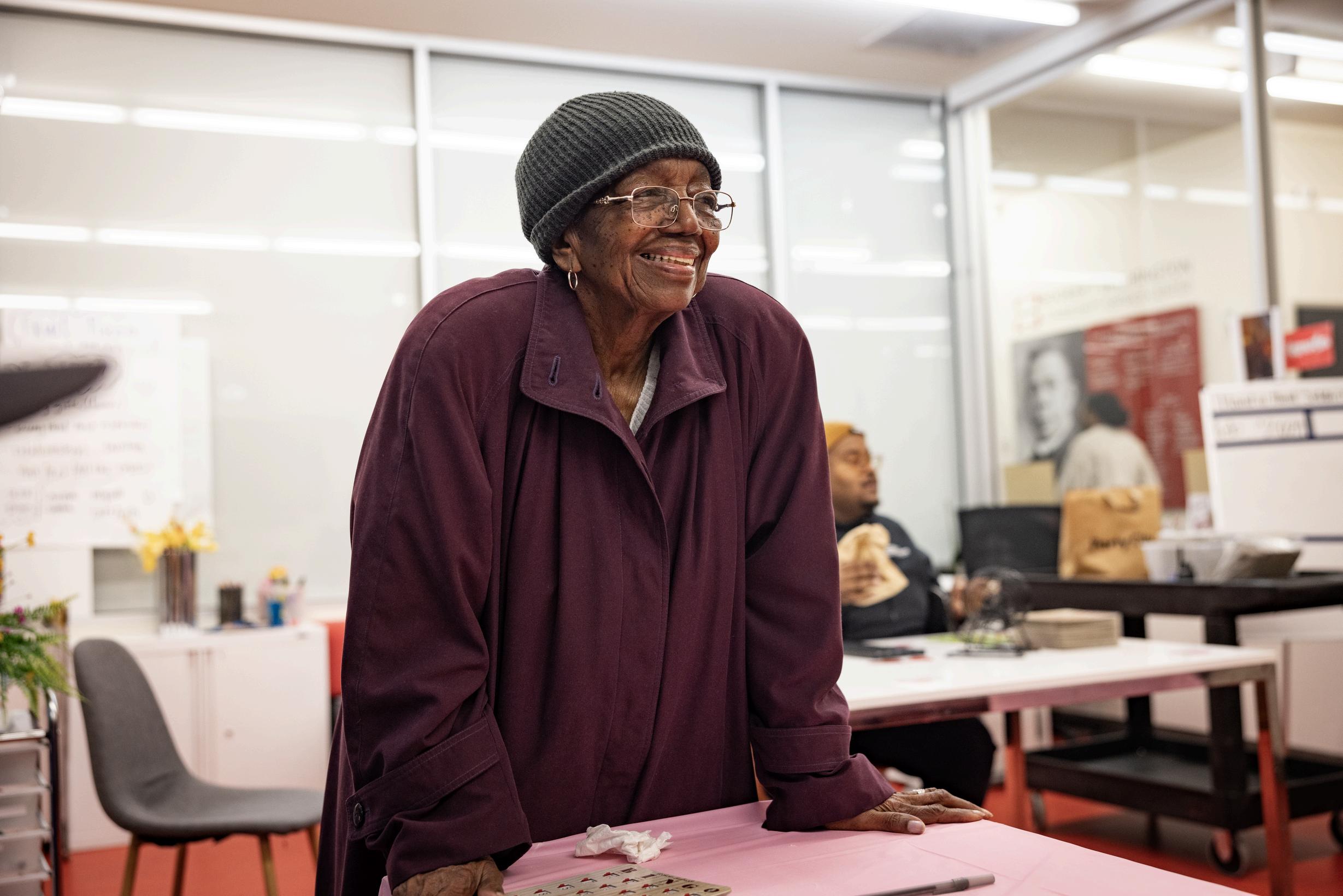
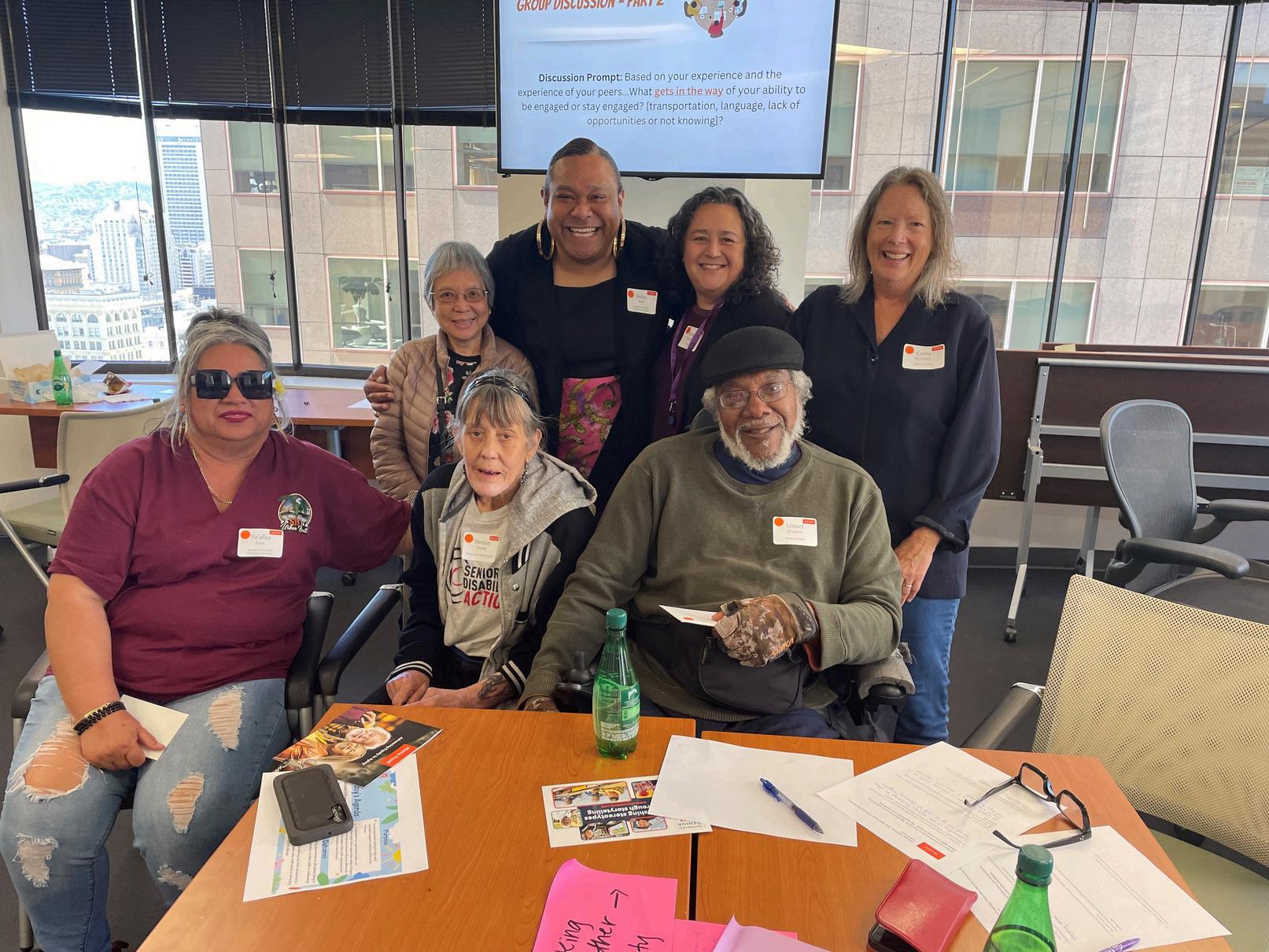
p y y p g g and policies that support aging populations,
such as the San Francisco Dignity Fund, which was established in 2016 to provide stable funding for services benefiting older adults and people with disabilities. However, recent years have exposed deep inequities, with the pandemic and racial justice movements highlighting gaps in services and advocacy efforts.

Many older adults of color, particularly Black, Pacific Islander, and Latine elders, remain underrepresented in decision-making spaces, and advocacy organizations continue to struggle with limited funding and capacity. Last year, we held convenings with older adults to learn about challenges and opportunities for advocacy.
Challenges such as funding instability, lack of engagement with diverse communities, and barriers to participation in advocacy efforts prevent older adults from having a stronger voice in shaping policies that affect them Additionally, we heard that ageism, language barriers, transportation issues, and digital access limitations make it difficult for many older adults to engage in civic processes. While some advocacy groups have successfully mobilized around budget protections and policy changes, there is a growing need for a more inclusive and coordinated approach to advocacy that centers older adults’ voices and lived experiences.
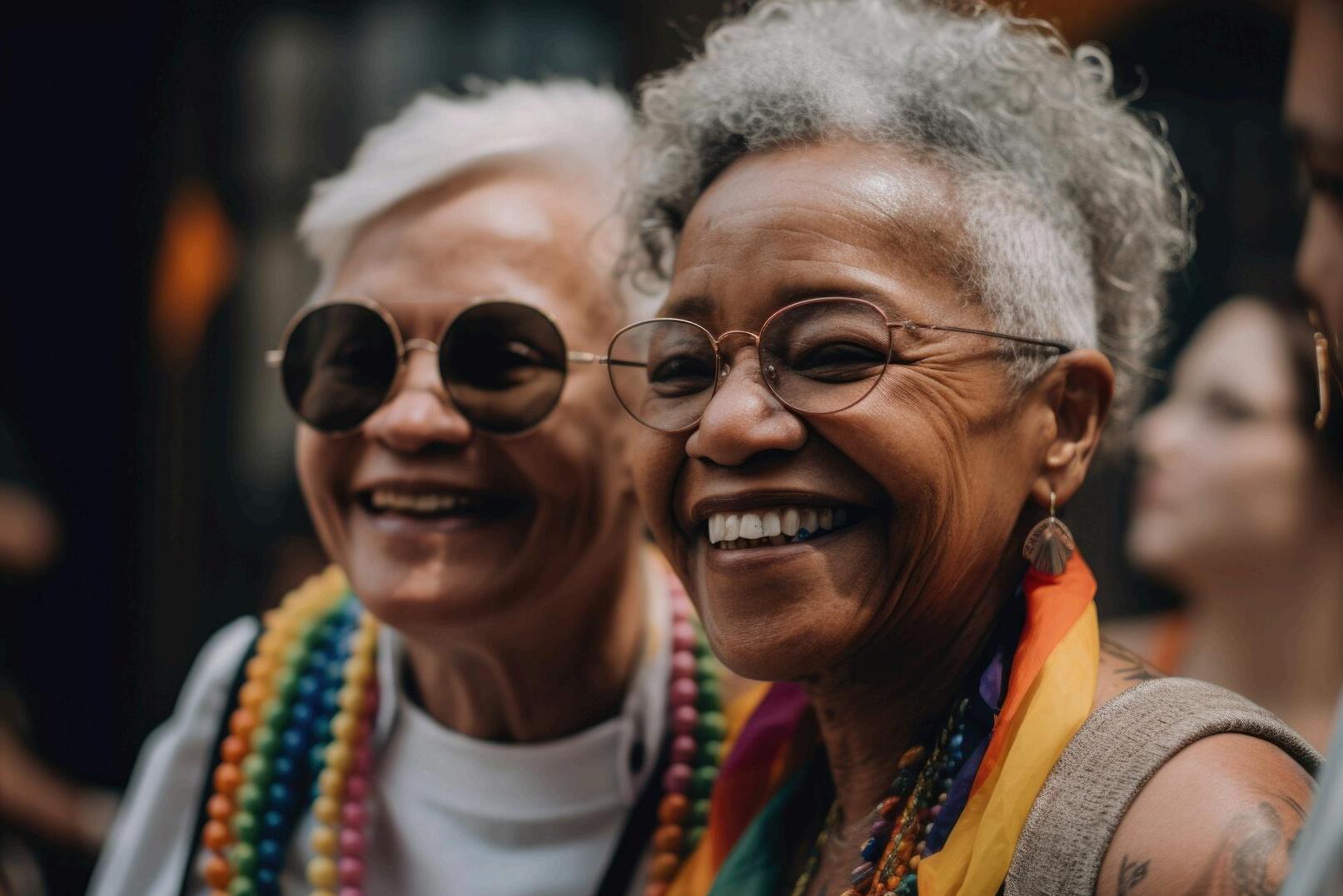
To strengthen advocacy efforts, key opportunities include building capacity through training programs, fostering collaboration across coalitions, and creating more accessible pathways for older adults to engage in advocacy. Investing in leadership development, particularly for advocates
from underrepresented communities, can help ensure that older adults have a meaningful role in shaping the systems and policies that impact their lives. Additionally, enhancing information sharing, improving accessibility to government processes, and providing financial and structural support to advocacy organizations can help create a stronger, more equitable advocacy ecosystem for older adults.
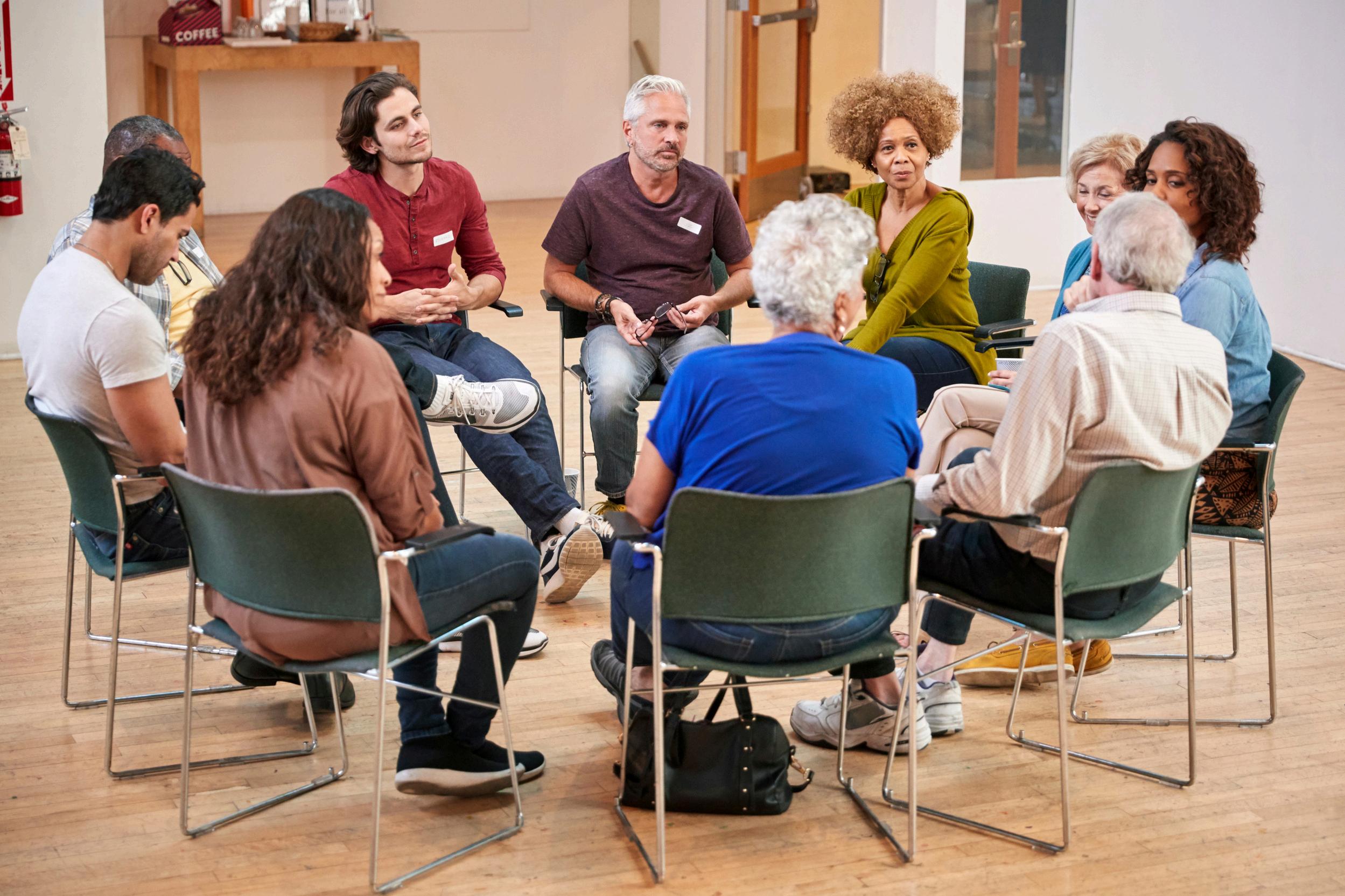
Our annual Leadership Awar individuals who have demon exceptional commitment to systemic change and upliftin communities.
In 2024, we were proud to h Chung, President and CEO o for the Elderly. Anni has bee advocate for older adults, p the Asian American and Pac community, ensuring they re competent services, housin access to essential care Un ship, Self-Help for the Elder critical programs, empower of seniors to lead independ lives. Her unwavering dedic inclusion, and elder justice e the values we seek to uplift award This recognition refl belief in the power of leader meaningful transformation services and beyond.



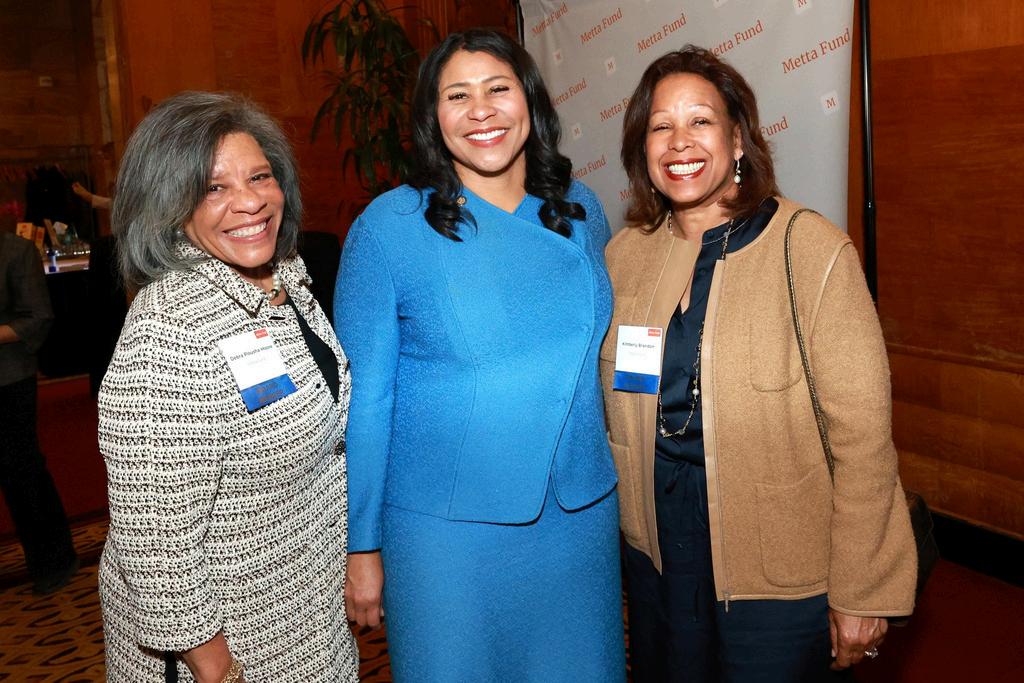
$2.75M Granted
$1,678,500
$615,000
$422,000
Metta Fund’s 2024 grantmaking reflects our deep commitment to advancing equity in aging by supporting community-driven solutions. Partnering with organizations that strengthen opportunities and resources for older adults ensures that all San Franciscans can age with dignity, connection, and care.”
– Sonia Melara, Board Member
We gratefully acknowledge the following grantees.
Aging While Black*
Bayview Hunters Point Multipurpose
Senior Services
Bayview Hunters Point YMCA
Black Funders Network
Booker T. Washington Community Service Center
CARA Education Fund
Caring Across Generations*
Chinatown YMCA
Coalition of Agencies Serving the Elderly
Community Living Campaign
Community Tech Network
Curry Senior Center
Diverse Elders Coalition*
Felton Institute
Grantmakers in Aging (GIA’s Older Americans
Act Champion Fund)
Hunters Point Family
Jewish Home and Senior Living Foundation
Justice in Aging
Kimochi, Inc.
Links Foundation Inc.
Mei Fong and Associates
Mission Language and Vocational School
Mission Neighborhood Centers, Inc.
Mission YMCA
Mujeres Unidas y Activas
On Lok Day Services
Openhouse
PACT Inc.
Pilipino Workers Center
Possibility Labs
Richmond Neighborhood Center
Samoan Community Development Center
San Francisco African American Faith Based Coalition*
San Francisco Latino Task Force*
San Francisco Rec and Park’s India Basin
Waterfront Park Initiative*
San Francisco Senior and Disability Action
San Francisco State University Foundation
Self-Help for the Elderly
South of Market Community Action Network*
Southwest Community Corporation
Telegraph Hill Neighborhood Center
The Kelsey
The SCAN Foundation (Master Plan on Aging)
US4US BAYAREA
*Fiscally Sponsored

Metta Fund is governed by a board of directors, chaired in 2024 by Jarmin Yeh.
See the full profile of each board member
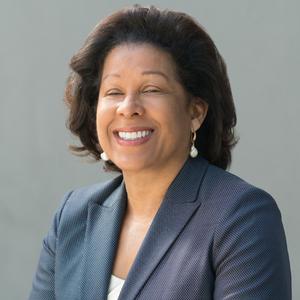

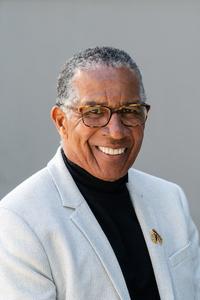
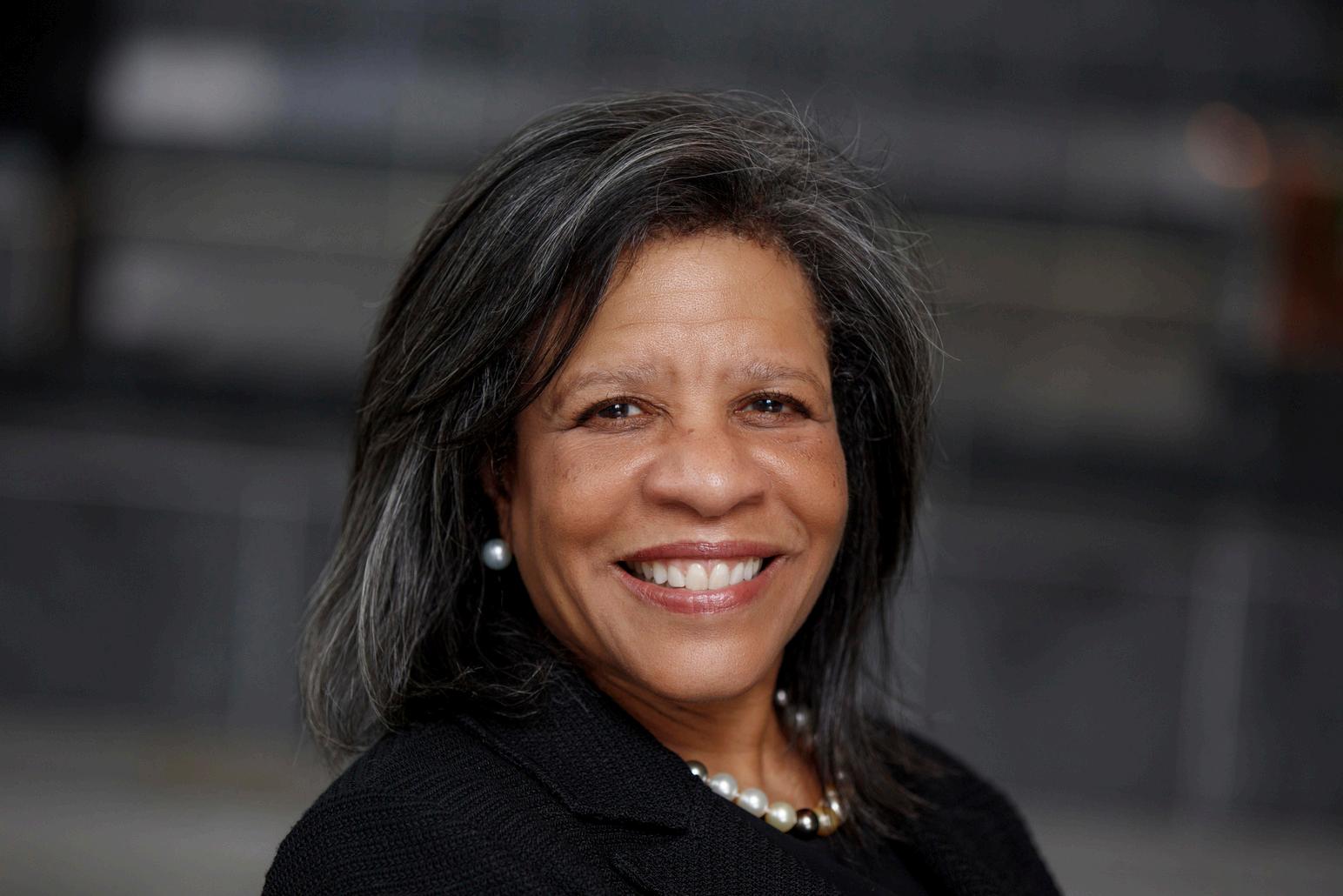
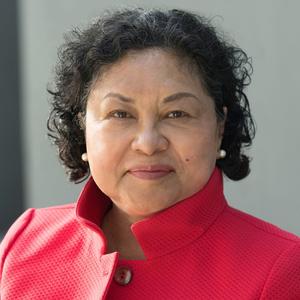
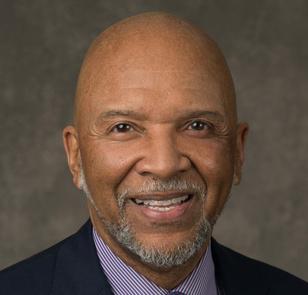
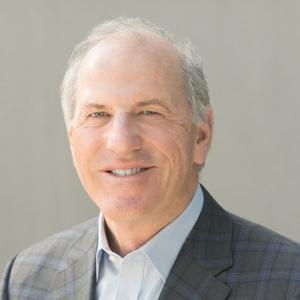

Janet Y. Spears Chief Executive Officer
Catherine Collen Senior Program and Grants Officer
Renée Espinoza Director of Program Strategy
Brigitte Garcia Director of Administration

Helen Hyunh Controller
Anna Karrer Manley Senior Director of Communications and Strategy
Mimi Kelly Program and Grants Associate
Cheryll Puyot Administrative and Communications Associate
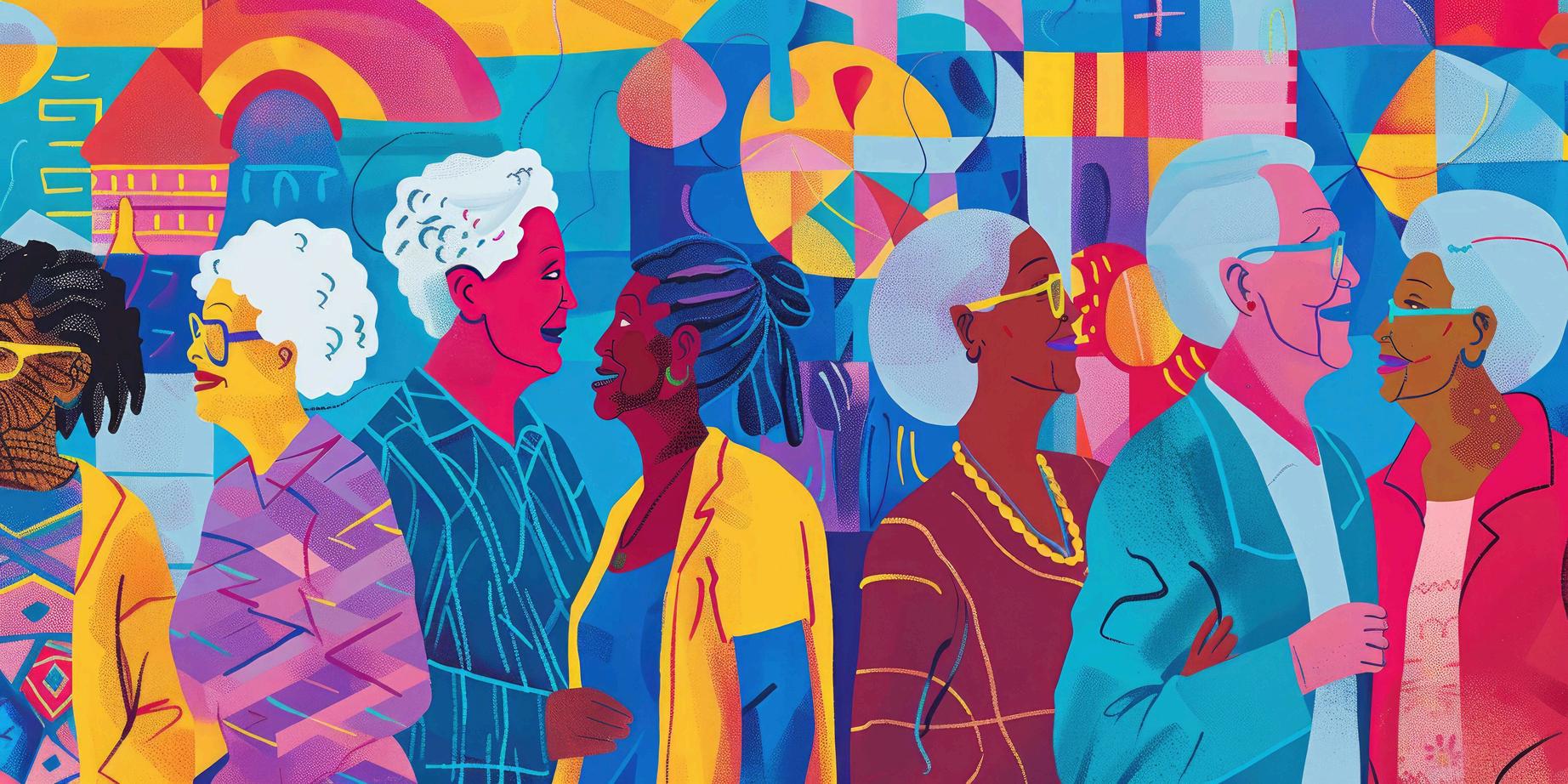
As we move into 2025, Metta Fund remains committed to advocating for older adults in San Francisco and beyond We will continue to deepen partnerships, uplift community-led solutions, and work toward a future where all older adults can age with health, dignity, and joy. Our focus on racial equity, economic justice, and accessible healthcare will guide our efforts in the year ahead. We also plan to strengthen our engagement with policymakers to secure sustainable funding for aging services and advocate for comprehensive policies that address the evolving needs of older adults.
PHOTOGRAPHY
Jean Melesaine
Hasain Rasheed
to all the people who shared their stories and posed for our cameras All photography was captured with a focus on the health, safety, and dignity of our subjects.


Bayview Hunters Point Multipurpose Senior Services; Bayview Hunters Point YMCA; Bernal Heights Neighborhood Center; Booker T. Washington Community Service Center; Chinatown YMCA; Community Tech Network; Family Caregiver Alliance; Felton Institute; Independent Resource Center of San Francisco; Mission Neighborhood Centers, Inc ; Mission YMCA; Mujeres Unidas y Activas; Openhouse; Pilipino Workers Center; Samoan Community Development Center; San Francisco African American Faith-Based Coalition; San Francisco Latino Task Force; San Francisco Senior and Disability Action; Self-Help for the Elderly; South of Market Community Action Network; Southwest Community Corporation; SteppingStone Adult Day Health Center; US4US BAYAREA; YMCA.
